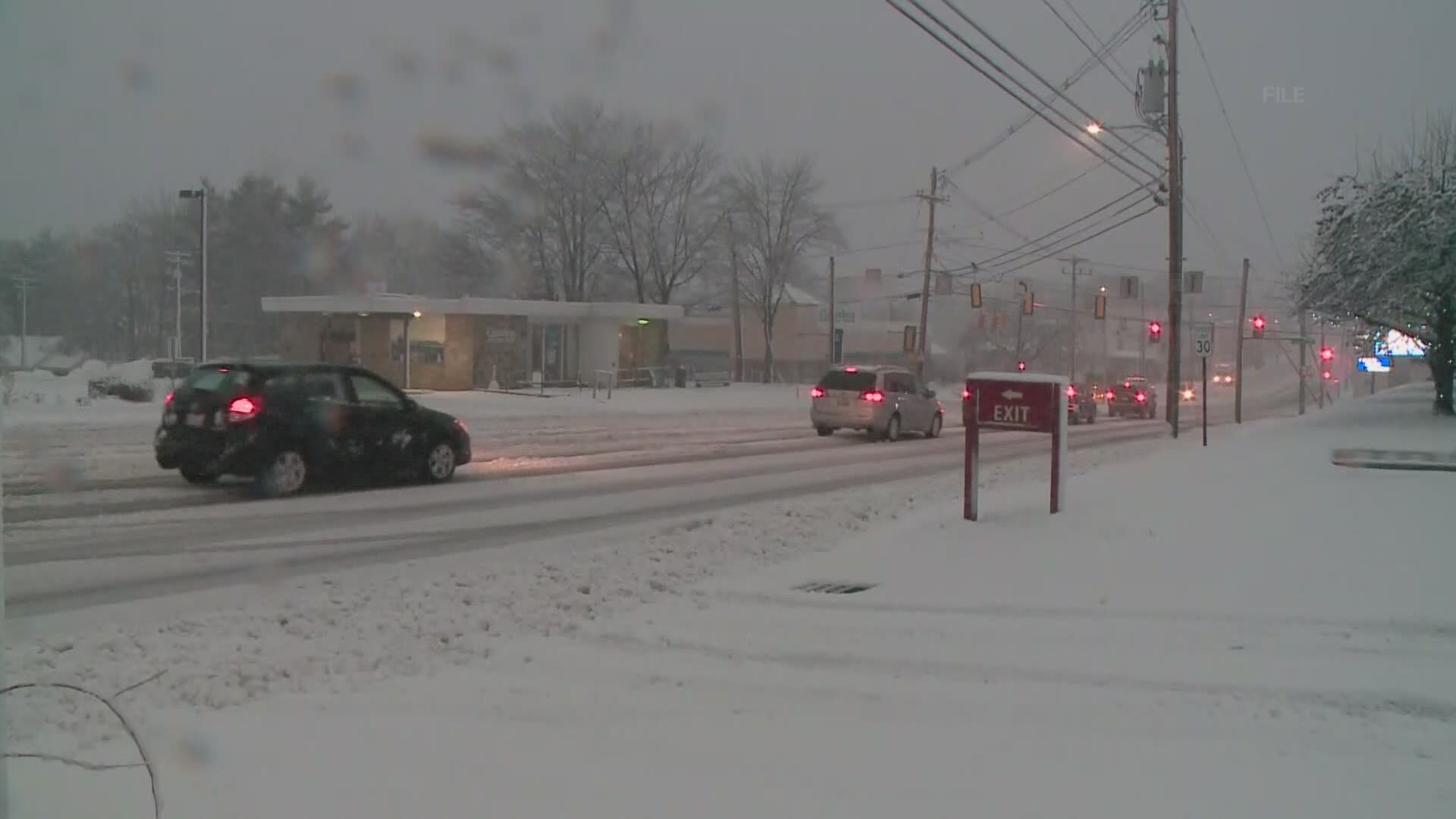PORTLAND, Maine — Wintertime is right around the corner, and lower temperatures are creeping up on us. Sticking to a budget in the winter months can be a bit more difficult. What are some things we should consider as we head into this season?
Some things most people do not remember to include in winter budget planning are for items such as:
Car maintenance and repairs
-Tires
-Windshield wipers & wiper fluid
Snow & ice related injuries
-Thousands slip and fall on icy surfaces each year and end up in an emergency room.
Increased utility costs
-You can ask your utility company to run an energy audit on your home to find out more ways to save energy.
Home maintenance and damage
-Water pipes freeze or burst... That is likely not covered by your typical insurance, unless you already took steps such as maintaining indoor heat, shutting off your water supply, and draining your pipes.
-Roof collapsed by snow or by a tree felled by snow... It's covered by typical insurance as long as tree fell due to wind, hail, or weight of snow/ice.
-Clogged gutters cause roof leaks or molding... Guess what, it's likely not covered. Insurers consider proper maintenance to be a homeowner's responsibility.
-Home floods due to melting snow in spring... Not covered. Flood coverage is excluded from standard policies.
Utility costs can really upset any budget. Is there something homeowners can do to help with those extra utility costs in the winter months?
Consider using a budget plan, offered through your utility company, to pay your bills. This will help spread out the cost over the year, instead of paying the seasonal spikes.
For those of us who don’t have a budget, what do you recommend?
• Make a budget or a spending plan for each month.
-Write down a realistic plan
-Review it regularly
-Stick to it
• Apply need, could, would like to your planning process
-List everything you need and that is most important part of any budget
Housing & related costs
Food
Health care
Auto
-Could will get you into debt
Most of our could budgeting items get us further into debt
Take those funds and pay down debt
-Would like – wait
There's too much uncertainty going into this winter, with the pandemic, the economy, job loss; its best to put that wish list aside.
Heating our homes over the winter can take a toll on any budget. What tips do you have that may help us get through these cold months?
• Hang heavier curtains – open them when there’s sunlight and close them at night.
• Check your windows – if you cannot replace old inefficient windows, do what you can to seal the edges and add plastic over the windows to keep the heat in.
• Change the HVAC filter regularly – A great plan is to change your filters when you change the clocks.
• Thermostats: If you have a programmable thermostat — program it. Each degree lower you set the thermostat can save 3% on your energy bill. So, going from 72 to 68 degrees is 12% savings.
• Check the direction of your ceiling fan. Ceiling fans in winter mode should rotate clockwise on the slowest speed.
• Check the damper in your fireplace. When not in use and the embers are cold, be sure to close the damper and keep your warm air from going out the chimney.
RELATED: Preparing to buy a new car or a home

